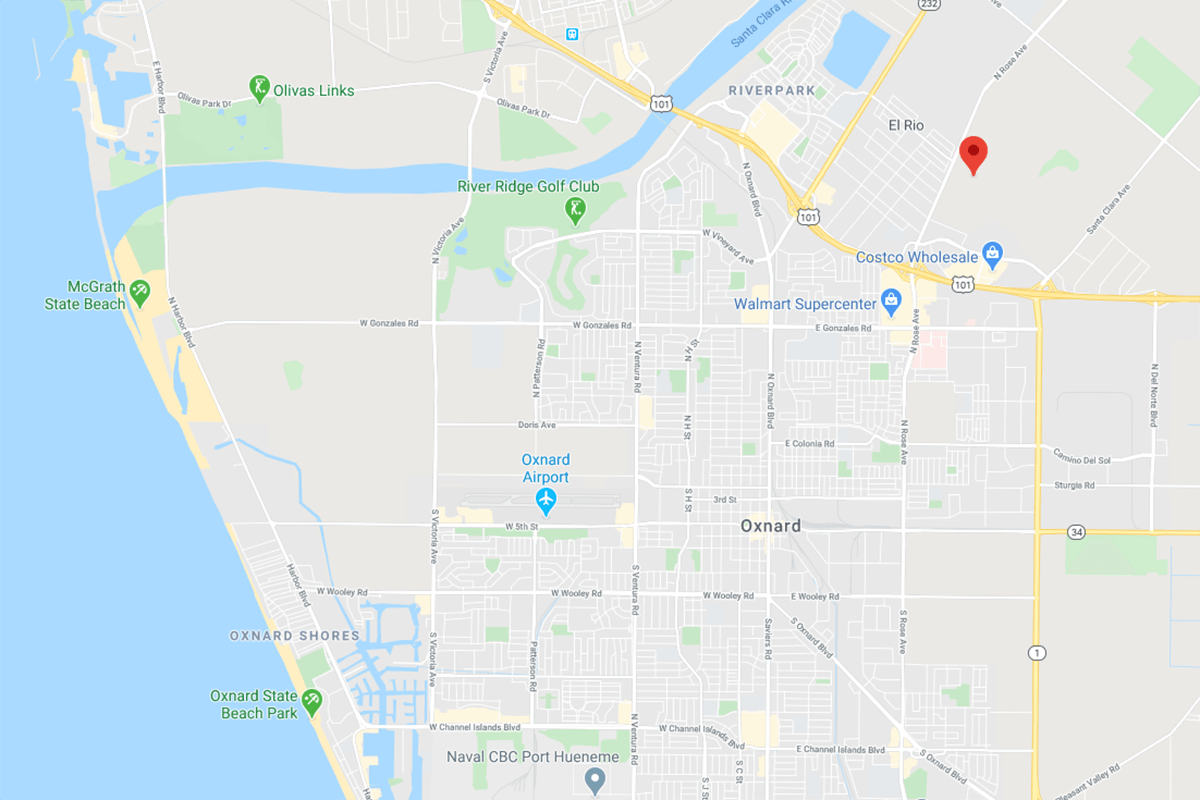Lessons from My Early Years of Teaching
Before I was hired as a “real teacher” with my own classroom in 1973, I worked as a classroom aide in Thousand Oaks, California, which is a rather affluent community. My 22-mile commute from Thousand Oaks to Oxnard, California, was in many ways, and on some days, worlds apart.
My first-grade students—27 of them—were a rich tapestry of cultures: black, white, Hispanic, Vietnamese, and Cambodian. They spoke English, Spanish and Spanglish, Vietnamese and Cambodian. Some parents were “blue-collar” workers, some moms did “daycare,” some parents worked in the fields of the Oxnard plain, one family owned a Mexican restaurant just down the street from the school, and I think there were some parents who—for whatever reason—did not work. “Family” was defined in a variety of ways: two-parent families, single-parent families, and kids being raised by grandparents. Although I had a teaching license, I was not fully prepared for this classroom setting!El Rio Elementary School was a Title 1 school, and it had money to provide a variety of support services to students—bilingual education, academic support in reading and math, and some social work services. Most kids were on free or reduced lunch. At that time, breakfast wasn’t offered at El Rio Elementary and, as a result, if someone was hungry, the school offered cartons of milk and crackers as needed.
Fortunately, as a young, inexperienced, and impressionable teacher, I worked with a caring and strong staff—teachers, support personnel (bilingual classroom assistants who worked closely with teachers to support kids and their learning), a “Title 1” director, and a terrific principal who led our school team to ensure that everyone operated with a “kids first” perspective.
Although Martin Luther King Jr. was assassinated on April 4, 1968, in those early years of my teaching there was no such holiday as MLK Day. Four days after King was assassinated, Representative John Conyers (Democrat, Michigan) and Senator Edward Brooke (Republican, Massachusetts) introduced the first bill for a King federal holiday. That bill failed; efforts to gather support for this national holiday took many years. In 1979, Coretta Scott King testified at congressional hearings, and support continued to grow. In 1981, musician Stevie Wonder endorsed the effort in a big way. He wrote and produced new music for Happy Birthday.
The music helped to gain support for recognizing MLK as a national holiday. Representative Katie Hall (Democrat, Indiana) proposed a bill on November 2, 1983; and though he opposed it, President Ronald Reagan signed the bill into law. MLK Day was first observed as a national holiday in 1986.
Over the years, discussion about the proposed MLK Day holiday became more and more routine. At some point before MLK Day was a national holiday, my principal, Kenn Seastead, became aware of my story and asked if I would tell the story to the students at El Rio Elementary. And so I did. I then realized that the story had value: young white girl seeks to hear King speak—and Rabbi facilitates a meeting with a national hero.
